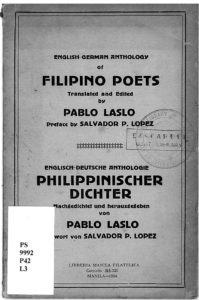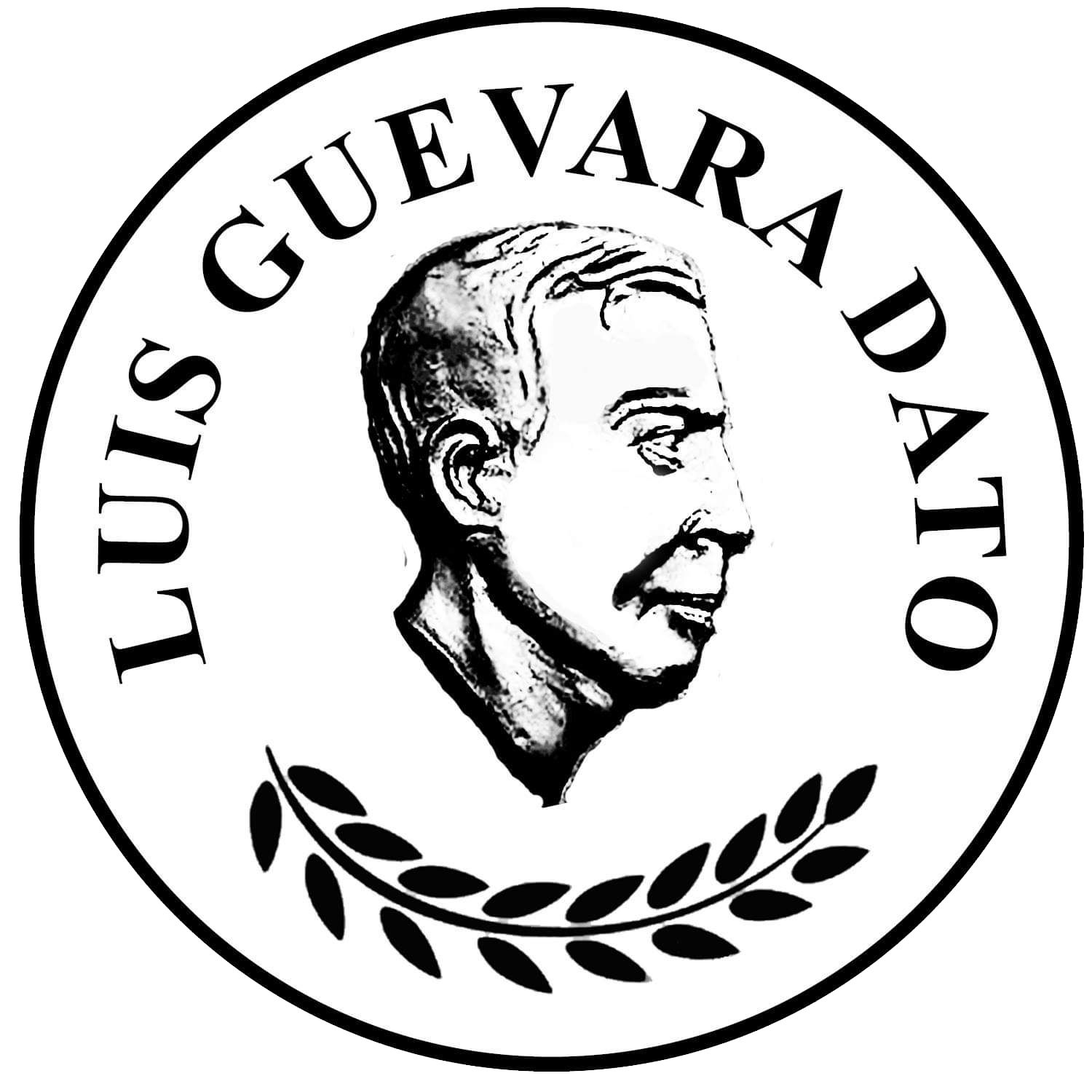The article, REMINISCENCES by a Dato Fan, written by Josefina LI. Ramirez was published in the Kaiba newsletter in 1994. Thank you, Fr. Felipe Fruto Ll. Ramirez, S.J. for the permission.
by Josefina LI. Ramirez
At the age of 10, I never knew I had the good fortune of living with a world renowned, poet laureate of the Philippines – Luis G. Dato. Tiong Luis, as I called him, being a second cousin of my Ma, lived with us for several months after what he called a breakdown for Purita, his tragic lady love who died of pernicious anemia.
Unaware of the state of his mental health, my young mind could not fully understand his ways and behavior which I thought weird at that time. Not once did he take a bath for months long. Instead, he kept applying vinegar on all his joints. I knew he was not dumb, yet he never spoke a word. He communicated instead by sign language. Neither did he have trouble with his throat for he never complained of pain or discomfort. He made a big, big kite, which, to his disappointment, never did fly, of course, because it was made of cloth through which the wind readily passed its porous surface like water in a sieve. And how he loved to play “titira” with street kids of the neighborhood!
Dato – Early Filipino Poet in English
It was while engaged in his favorite past time that a Hungarian poet made him a visit. In his sixties, Mr. Pablo Laslo was of medium height and build, his head almost completely bald if not for a thin line of curly hair that rimmed the bottom part of his crown. The top part was bare and shiny. One would think he was singing, not talking, when he spoke with a high-pitched tone in a sing-song manner. When asked about his works, Tiong Luis produced a voluminous pile of manuscript. Until that time I never knew he had a treasure trove of verses which he himself had written for I never saw him sit down to write. I now call it a treasure of literary gems judging from the way it awed the Hungarian poet and by the way he showed his admiration using but superlatives as often as he turned the pages of our poet’s work.
Still peeping through the door, I stood transfixed and fascinated by Mr. Laslo’s murmured reading punctuated by exclamations of delight, such as, “Beautiful!”, “Lovely!”, “Excellent!”…

When through with hig review, he took a sad look at our own poet and, perhaps noting the poor shabby outfit he wore, began to deplore our government’s neglect of its poets. For in his own Hungary, he was proud to say, poets are well-provided for by the government. With grants and subsidies, they travel around the globe to meet and interview fellow poets. That was how I learned Luis G. Dato, who may not be known to many fellow Filipinos, is a name recognized in foreign shores.
With a few more pleasantries, he stood to go. He took out a book of his own, scribbled what could have been a dedication and his signature, then gave it to our own poet with one last lingering, sad, eloquent look that seemed to say “What a brilliant poet! How sad that…….” My eyes followed the two poets to the stairs. Just before stepping down, the Hungarian gave L.G.D. a loving pat on his shoulder and then a handshake his way of saying good bye.
L.G.D. was a vain man. For sure he was handsome and he knew it. His soulful eyes combined well with his patrician features. When found later of having cancer of the palate he vehemently objected when surgery was suggested simply because it would disfigure his face. He quipped, “Mag-raan na sana ko, di ko ipararapak ading lalawgon ko“. His decision was right, for when he died, not of cancer but of cardiac arrest, his face was whole and still handsome at the age of 79. It is noteworthy, that at this time he produced many of his beautiful sonnets. The cobalt radiation treatment must have afforded him much time to be alone in his thoughts.
When he loved, he loved so well and deeply — from the depths of his soul.
L.G.D. was a great lover of men, of nature, of God’s creatures, of music and just about anything that’s lovely and beautiful, even the murmur of brooks, the scent of flowers. When he loved, he loved so well and deeply — from the depths of his soul. Yes, I saw him shed tears many times even in the dead of night. Holding a picture of Pacita, another of his flames (he had quite a few of them, he called his muses) while listening to the melancholy strain of Schubert’s Serenade played by an old phonograph, the ancestor of our modem CDs am sure those were tears of love. Unrequited? Sweet? Tragic? Lost? Only he can answer. One thing tho is certain. That was love intense and passion burning! It shows in his poetry.



